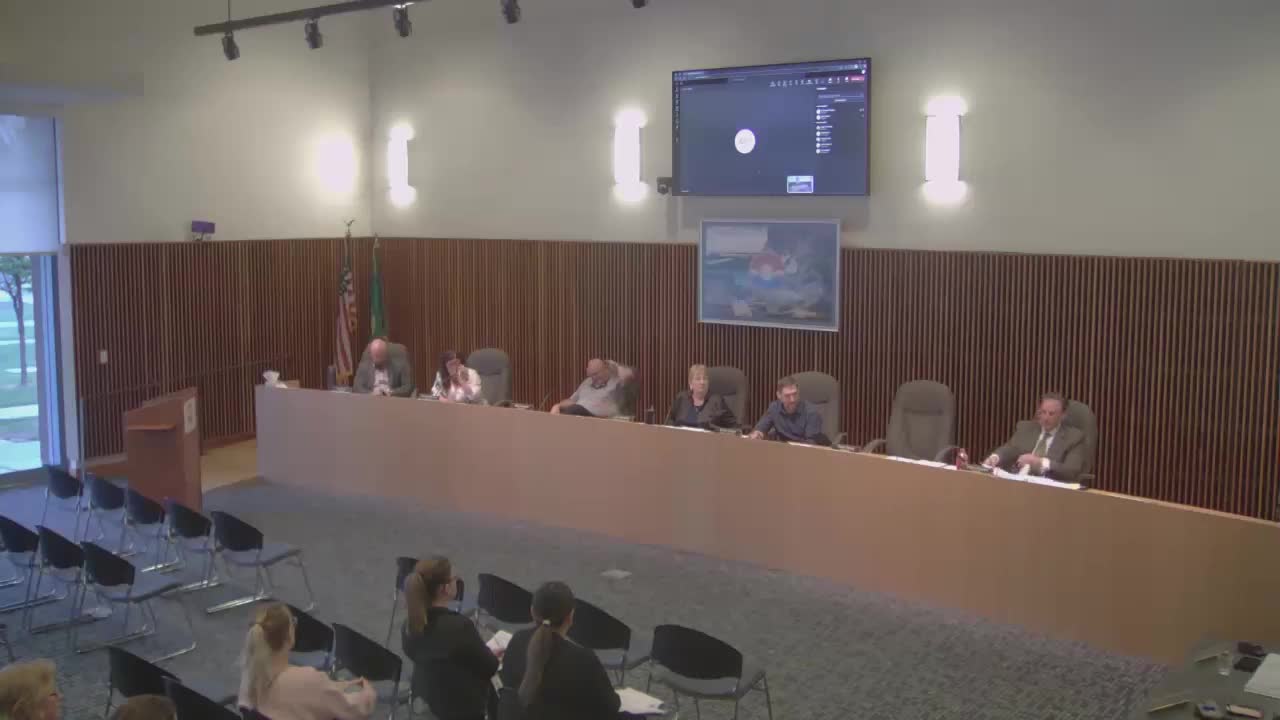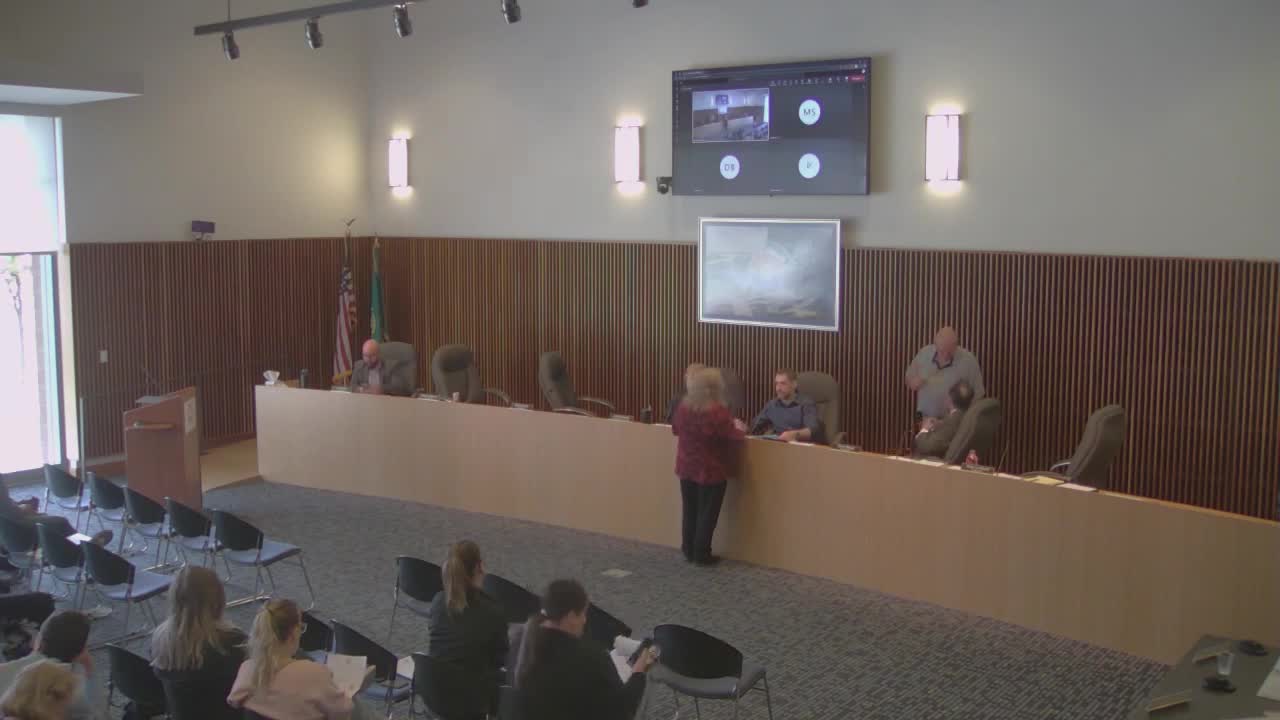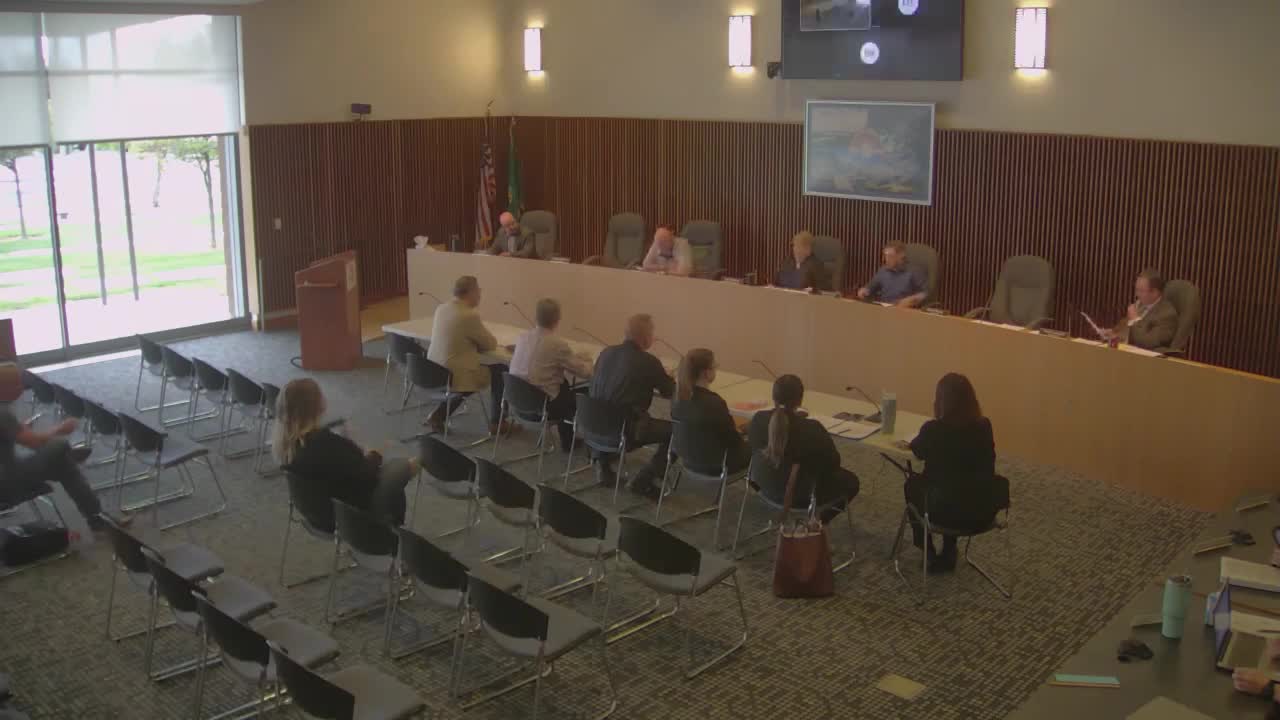Article not found
This article is no longer available. But don't worry—we've gathered other articles that discuss the same topic.

Council approves payment arrangements for Luda and Virginia Street frontage assessments after residents object to surprise bills

Council reviews draft ban on dispensing Narcan on city property; library director urges continued access

